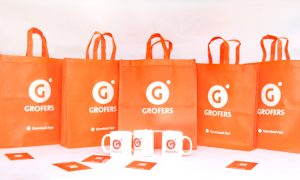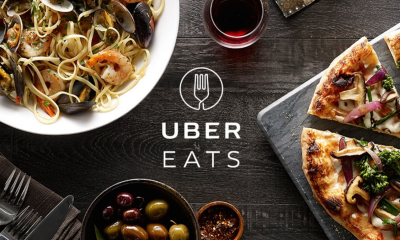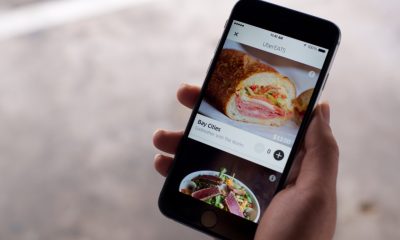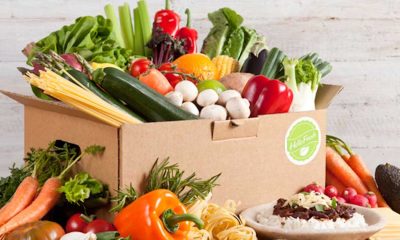Grofers
Online Delivery Service Grofers Revamps Is Business Model And Is Geared To Take On BigBasket
2016 has been a huge year for on-demand online grocery delivery service provider Grofers. Apart from scrapping their app-ony model and launching a website, this Gurgaon-headquartered startup has revamped its business strategy and operation process.
Having earlier operated on a marketplace model, they have now shifted to a 70% inventory-led business where they directly source products from differemt brands and store them in their warehouses for further delivery. The remaining 30% is still sold through its marketplace, where the retailers take care of the last-mile delivery. The change began in April this year when the company decided to switch-off all its marketing campaigns and focus more on the supply chain side.

According to a report in Techcircle, Albinder Dhindsa, chief executive officer, Grofers said, “We had hit our peak in April this year, then we decided the way we were doing things we needed to change that otherwise we would incur very high costs of delivery. It required us to make a lot of changes to our supply chain. When we hold inventory, our gross margins grow up. There is also a cost of holding the inventory but overall it is better bet because the cost is significantly lower.”
The inventory model has been a cost cutting measure for Grofers. They have built multi-level warehouses in markets including Delhi, Mumbai and Bengaluru, and have created 4.5 lack sq ft. warehousing capacity in the country. Dhindsa credits the company’s shift in business strategy and long-term investments in infrastructure to constant advice from its top investor Softbank.
“They have been our best cheerleaders in terms of asking us to invest in long-term infrastructure because it will be more of advantage in the longer-run. These guys are in no hurry. We would have not been able to make all these investments if not the encouragement from Softbank,” said Dhindsa.
SoftBank is one of the largest investors in some of India’s leading consumer Internet companies that include e-commerce platform Snapdeal, cab aggregator Ola, hotel rooms aggregator OYO, realty portal Housing.com, besides Grofers.
“We are bullish about Grofers and we think they are setup for success and we help them in every way including market practices. We try and advise them whenever they require help and our leadership team and management team has been helping them,” said a Softbank spokesperson on mentoring Grofers on its growth path.
Grofers Cost Cutting Efforts
Faster Delivery And More Efficiency
The super-fast delivery was one of the key USPs of Grofers. BigBasket had countered it with its own express delivery. However, Dhindsa says the company will be launching six-hour delivery facility in Delhi-NCR and Mumbai starting this week.
“Having run the express business, the cost to achieve scalable unit economics was coming too high. As such, it made more sense for us to re-jig our supply chain more towards sustainability. Express is still 30% of our business and entirely profitable since we moved in our current direction,” said Dhindsa.
Grofers, which earlier used to deliver separate orders on motorbikes, has shifted to delivering orders using vans. According to Dhindsa, the company is soon launching electric rickshaws to deliver in Delhi-NCR, which is Grofers’ biggest market. The startup will lease the rickshaws and work with small vendors to deliver products through them.
“By January 2016, electric rickshaws will constitute around 80% of our fleet in Delhi-NCR,” he said.
Private Labels
Also working in favour of Grofers cost-cutting efforts is the inception of private labels, which offer much higher margins. The company sells pulses, grains, snacks under its own labels including Freshbury and Best Value. Dhindsa claims private labels constitute around 12-13% of the Grofers overall sales number and expects the number to grow to 30% in the next three months.
“Our discounting has overall moved to brand driven discounts or if we are doing discounting we are restricting it to our own private labels. We enjoy around 35% margins on our private labels,” he adds.
With the different steps Grofers’ has undertaken in the supply-chain side and on the private label-front it is slowly replicating its biggest competitor BigBasket in some ways.





















